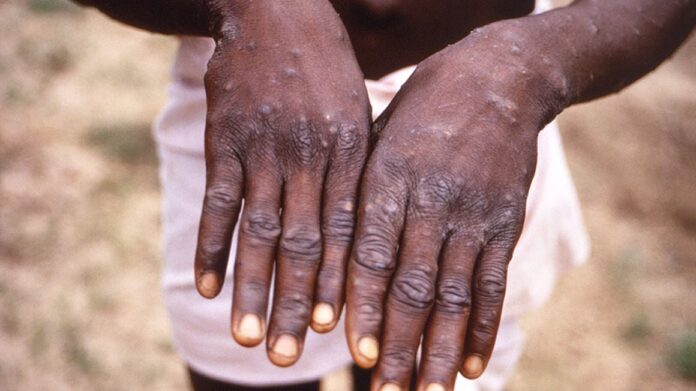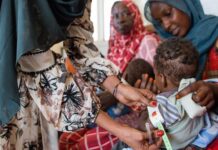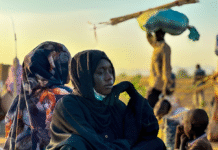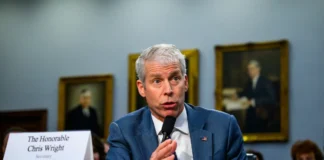The African Union’s health agency has officially declared a public health emergency in response to the alarming surge of mpox (formerly known as monkeypox) across the continent, highlighting an urgent need for action.
The announcement was made by Jean Kaseya, head of the Africa Centres for Disease Control and Prevention (Africa CDC), during an online media briefing.
Mpox outbreaks have particularly affected countries like the Democratic Republic of Congo (DRC), where the virus was first documented in humans in 1970.
As of August 2022, the CDC reported over 38,000 cases and 1,456 deaths linked to mpox in Africa. Kaseya stated,
“With a heavy heart but with an unyielding commitment to our people, we declare mpox a public health emergency of continental security.” He urged nations to adopt proactive strategies to contain the spread of this infectious disease.
Understanding Mpox: Symptoms and Transmission
Mpox is an infectious disease transmitted from infected animals to humans but can also spread through close physical contact between individuals.
Symptoms often include fever, muscle aches, and distinctive large boil-like skin lesions. There are two main subtypes of the virus: the more virulent Clade I, prevalent in central Africa, and Clade II, found in West Africa. Recently, a new subclade, Clade Ib, has contributed to rising case numbers in the DRC since September 2023.
Why This Declaration Matters
This public health emergency declaration is a significant step, as it empowers the Africa CDC to mobilize resources more effectively and coordinate action among nations.
Experts like Boghuma Titanji, an assistant professor at Emory University, emphasize that strong domestic funding is essential as reliance on foreign aid may hinder effective response strategies.
The World Health Organization (WHO) is set to meet on August 14 to discuss whether to declare a public health emergency of international concern (PHEIC).
As part of international efforts, the United States has already contributed $17 million to aid African nations in combatting mpox.



















